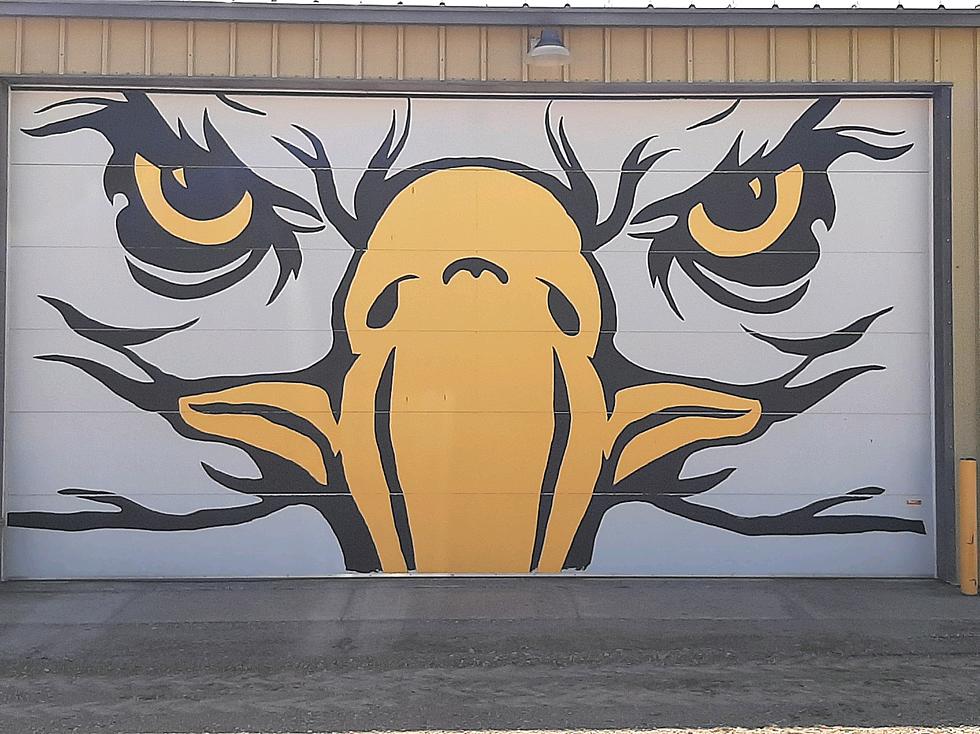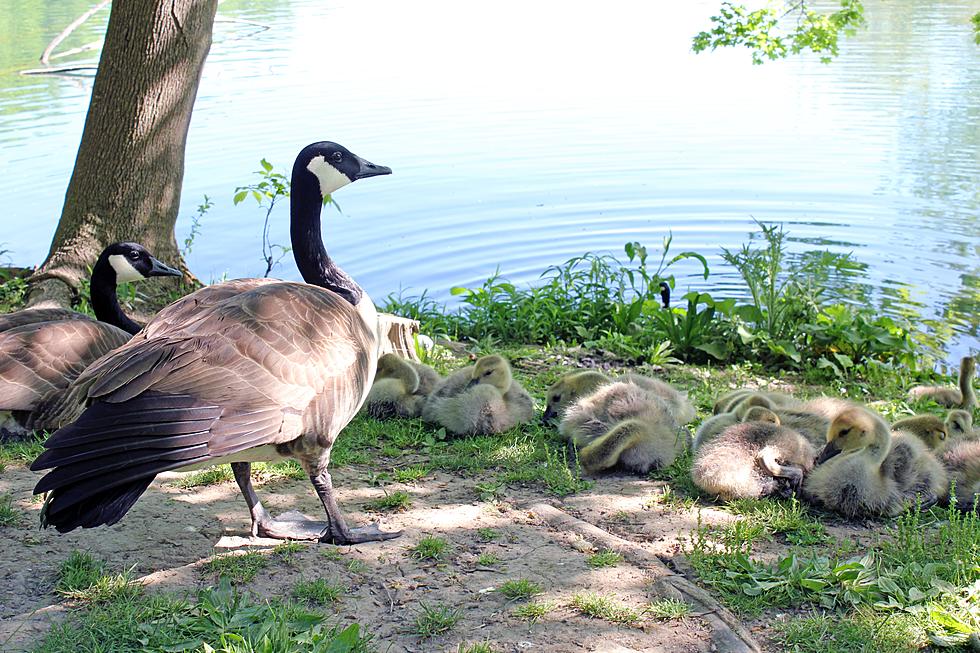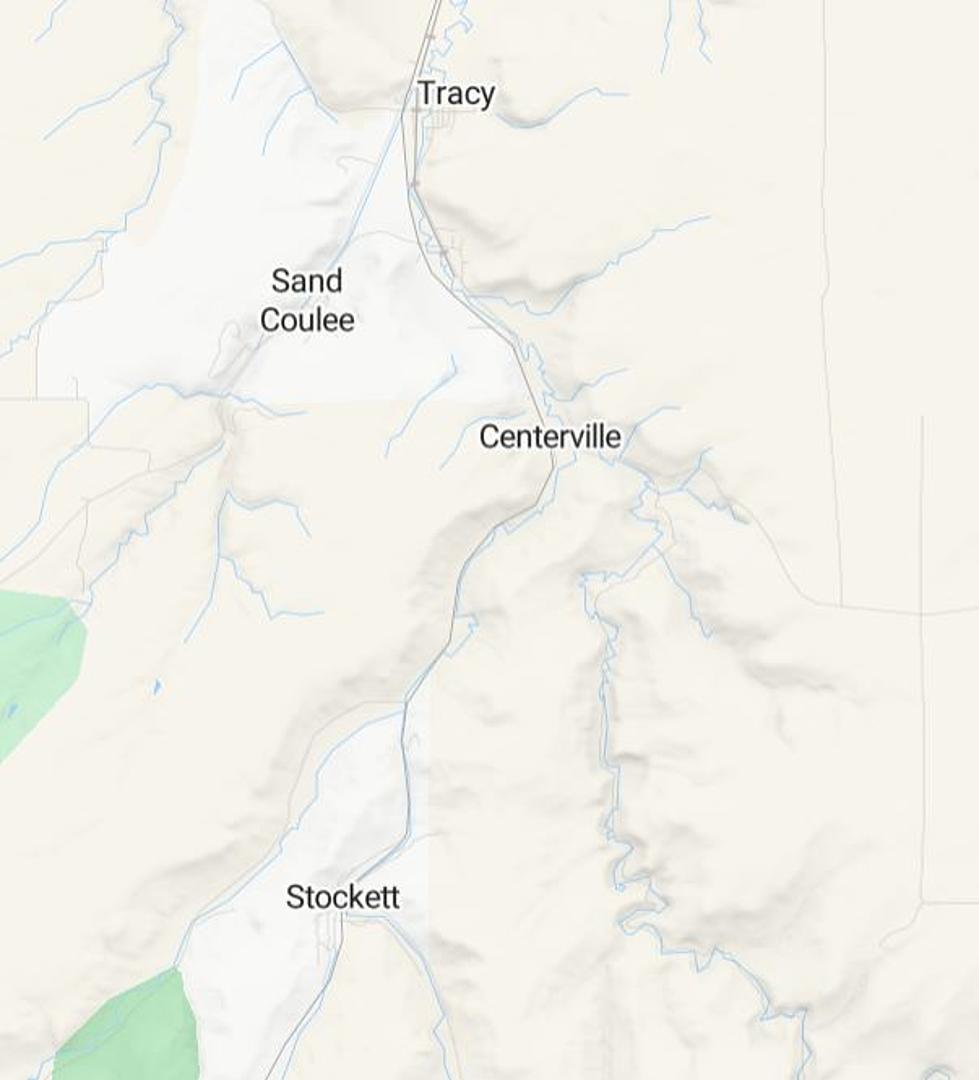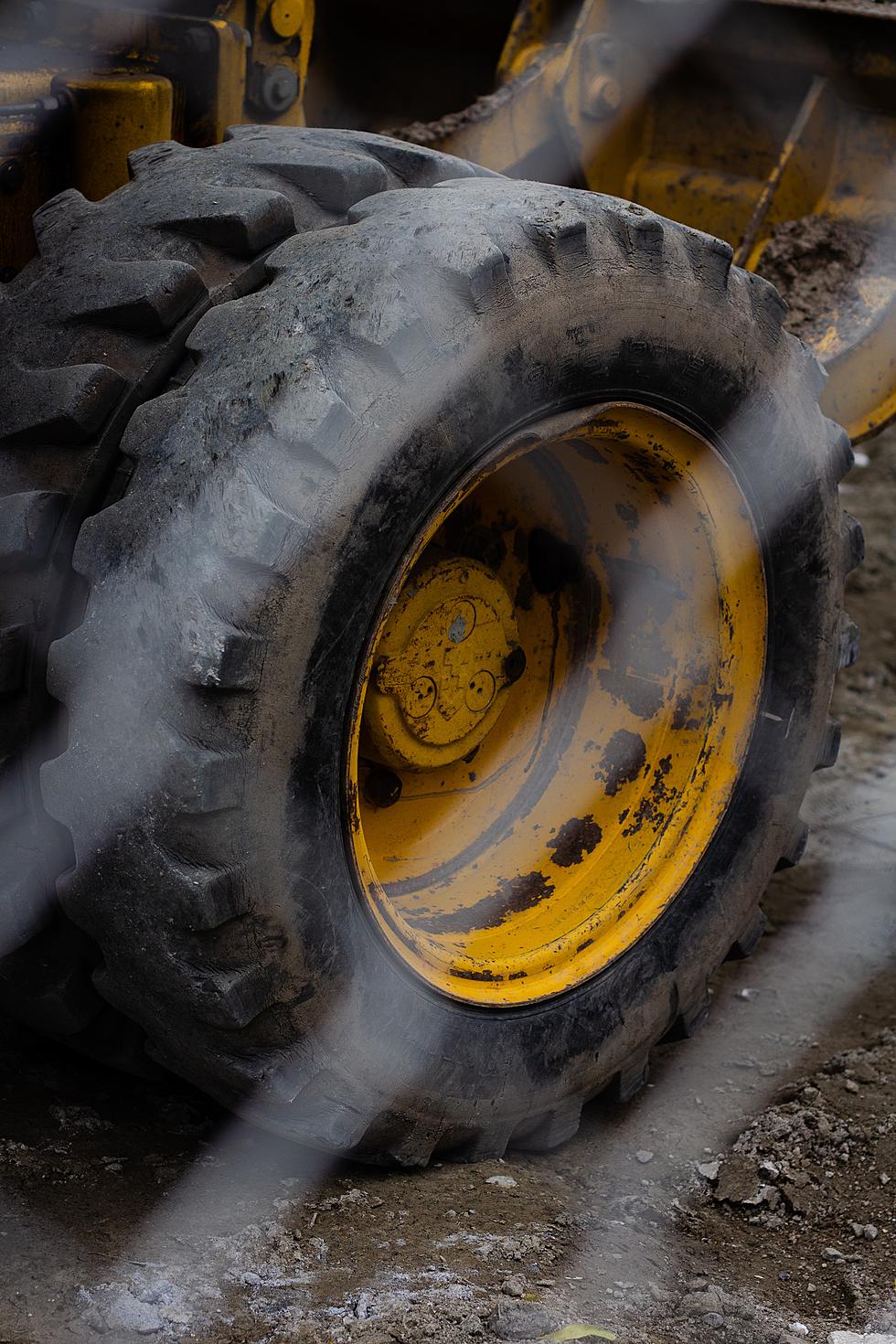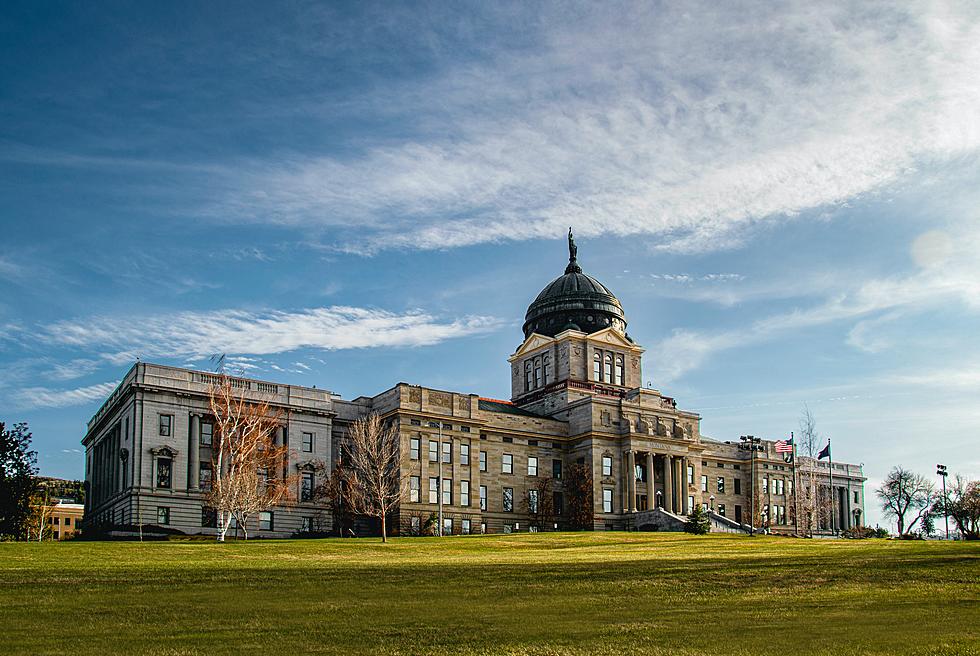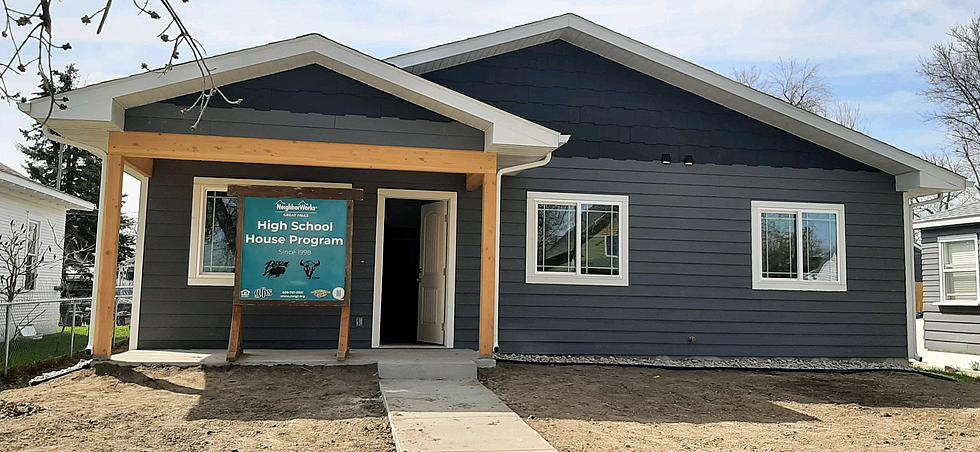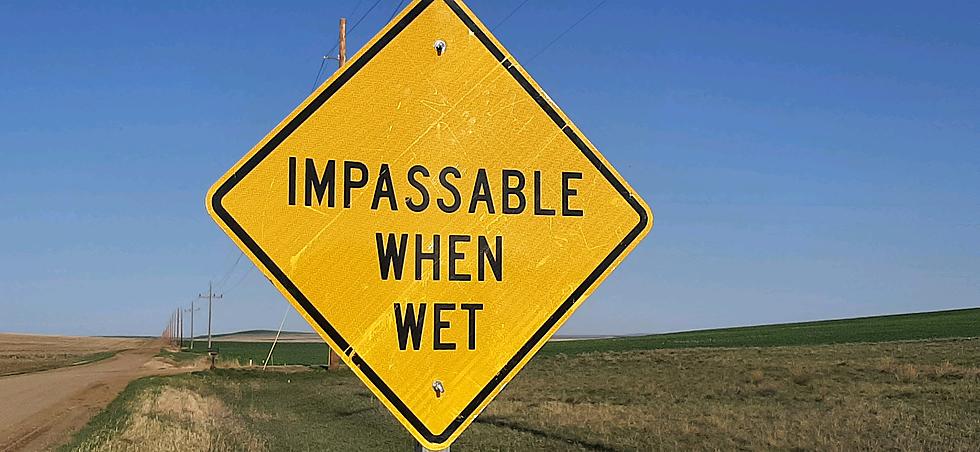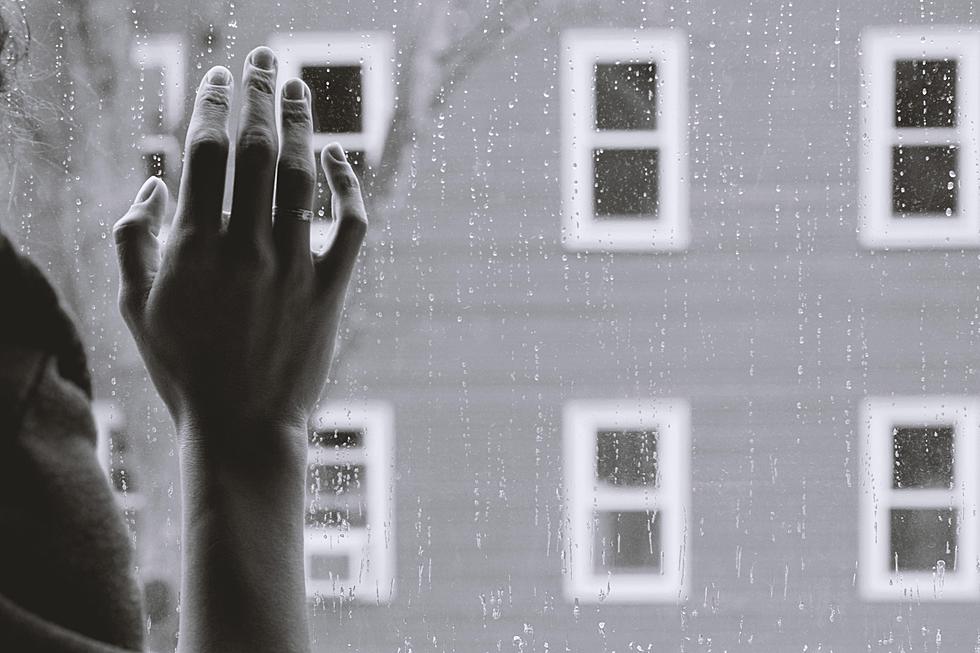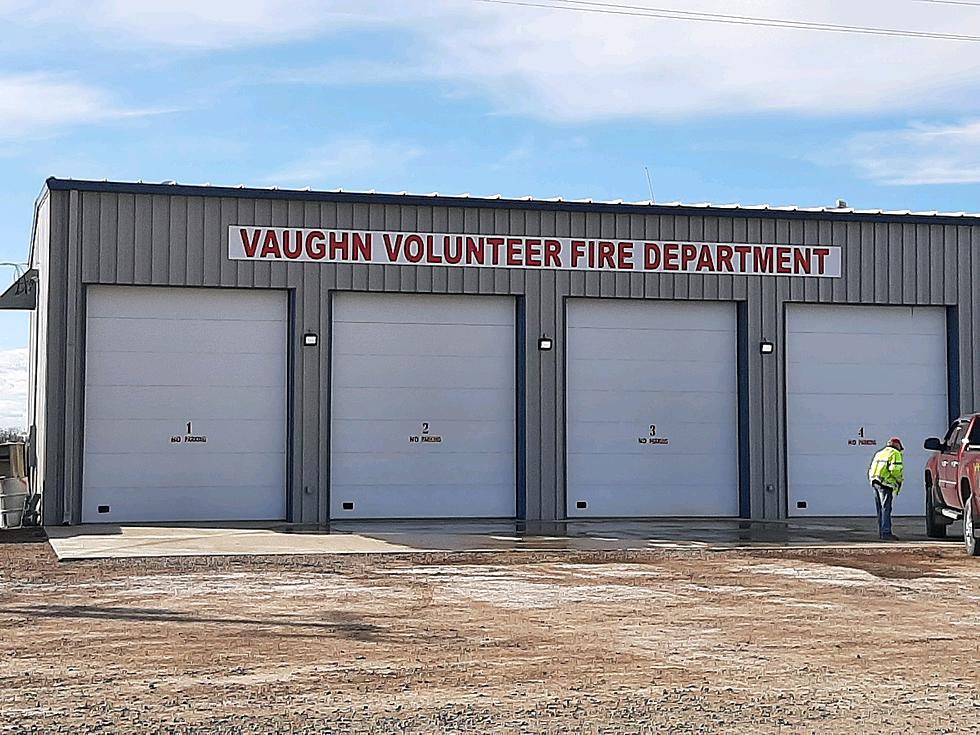
Volunteer Fire Departments- Backbone Of Our Great Communities
Rural Volunteer Fire Departments are the heart of our communities. They are staffed with our neighbors, friends and often times our relatives. Without VFD’s countless structures and lives would be lost every year. This story is to honor those men and women that do so much for us every year.
Leonard Lundby: Former Chief of the Manchester VFD
Leonard Lundby is a name many people are familiar with in Montana when it relates to fighting fires. He joined the group after seeing how they responded to a fire on his place. He promised them 5 years of his time to thank them for their service. 35 years later, he is still going strong. Here is an excerpt of our conversation:
Sometimes the best thing that old firefighters can do is to teach young firefighters how to become old firefighters. Leonard Lundby
(Biggest Challenge)- I think you'll find this universally number one, the biggest challenge is recruitment and retention of members. It's just getting very, very hard to staff fire departments anymore. It's been an ongoing thing for decades, it's not getting any better.
(Funding)- Almost all rural fire departments in Montana have some sort of tax based funding. Now, whether it's a fire service area, which is a fee on structures, or whether it's a fire district, which is a mill levy on real property, they're almost all funded by one of those two mechanisms in Montana. There's a few departments out there yet that are still doing it with bake sales and spaghetti feeds and that sort of thing.
(Community Support)- Those spaghetti feeds and raffles and however else they raise money, serves as a way to touch your community and be in close contact with your communities. That's a big deal. A lot of our communities really rally around their fire departments and support them. I love that because I think it's a really good way to touch base with your community. So our fire department, Manchester Volunteer Fire Department has a community potluck once a year in the fall at the fire station. It was never meant to be a fundraiser, but our community almost insists on giving some money. They'll make donations there, even though they're not solicited. They choose to have a silent auction at that potluck that's not organized by the fire department. It's all organized by the community themselves. We don't depend on that money, but it warms our heart to see that kind of community support for our organization.
Brandon Gould: Ulm Assistant Fire Chief and the Training Officer
(Challenges) Recruitment is an issue but I think the biggest part, where we're suffering even more than at the fire departments at the county level, is the rural EMT. Having EMTs in the community who typically are with the fire department. Right now we don't have one out here, so our medical calls, when we get them, they send an ambulance from town (Great Falls). A lot of times we might be in an area where we don't have that local EMS coverage until the ambulance gets there. So as a fire department, we can help in a certain capacity, but if none of us are EMTs, that's where we're at. So I think that's probably the biggest thing right now in these more rural communities like Cascade and Ulm.
(How to Recruit) That's a question we've been asking too. I don't have the stats right at hand, but average age is up and as far as I know, the number one killer of firefighters is cardiac events. Not burning buildings or anything like that. Getting hurt on technical rescues its older firefighters that have a cardiac event from high exertion. So, we do need to drive the average age of firefighters down. I don't know what it is that that gets people to volunteer, especially people my age or younger. I'm 30 now, started at 20, but how do you get young people in, I think is the challenge for everybody.
(Why do you do it) My grandpa was a firefighter with this department. My dad was a firefighter with this department. I knew almost all of the guys that were on the department when I started, so I got into it. I like the camaraderie and liked helping out and, and really like the job, the intensity of the job and the complexity. Also, it seems it's pretty prevalent among farm and ranch folks to be involved at some point. Most farmers and ranchers that I know at one point or another have been involved with firefighting in some capacity
(Fire fighter Compensation) On our department, none at all. We're typically entitled to help with training. Most of the state training, DNRC training and stuff is free. That's offered as no cost to the firefighters, but outside of that, getting the training and maybe getting a jacket once you've been on the department for a while, we really don't get anything. We do get workman's comp, it's a mix between county and state, but you do have work workman's compensation, so you're not putting yourself and your family at risk if you respond to a fire and get hurt
(County Coordination) All the departments that we work with here in Cascade County are working really hard to be really well equipped, well trained and respond in a timely manner and professionally changing that culture from the seventies and the eighties, where rural fire service/ volunteer fire departments were seen as a drinking club as opposed to public safety. I would say every department within Cascade County, that we're all working really hard to provide the best service that we can, the best service possible, and be as professional as possible.
Brandon Skogen- Former Lieutenant with Black Eagle Fire Department
(Current Job) I am completely retired from Rural Fire, my permanent job I have, I work as a liaison between 911 Dispatch and the Rural Fire Council.
(Evolution over the Years) Back when I served on the fire department, we actually had a full roster at the time. At points we had waiting lists for volunteers to get in because we just didn't have enough equipment to outfit more than about 28 people. Over the course of the years, as time went by, we started to have our numbers dwindle. People either moved, retired, quit or did whatever and by the time that I retired we had lost probably a good 40 or 50% of our roster.
(Black Eagle- Great Falls FD Relationship) We had extensive mutual aid agreements with other county fire departments as well as the City of Great Falls. The county fire departments were usually our go-to, to start with and then if things got real bad we could always opt to call the city. We also had working mutual aid agreements with both Malmstrom Air Force Base and the Montana International Guard.
(Dispatch Role) Cascade has the only working siren in Cascade County. And basically what it is, we can set off a tone over the radio that sets the siren off to let the volunteers know that hey, you have a call. It works kind of as a redundancy type thing because they also carry pagers and they also carry their cell phones, which have an app on 'em called Active 911, which basically turns their cell phone into a pager. That siren is there as a redundancy so that if the pagers are to fail, if the cell phones are to fail, we still have a way to get ahold of the Cascade Fire Department to notify them that, hey, dispatch is trying to get ahold of you guys so that you know, we can get you out and get you to the people that need help. In 911 we work everything as redundancy. We have to have a backup to a backup to a backup because the worst possible thing that could happen to us or the volunteers is to have the system fail. So we welcome redundancy, we welcome having more than one way to do something so beneficial, absolutely beneficial to each community.
(Challenges) Trying to get everybody on the same page. We've got 14 volunteer fire departments and we've got 14 volunteer fire chiefs and we've got 14 different ways that people want to do things. So, getting everybody on the same page and fighting the battle the same way is, is one of the things that is a challenge.
(Solution) The city fire department with the help of Chief Jones and then the rural fire departments with the help of their individual chiefs have come up with training programs that they basically have training academies between the city fire departments and the rural fire departments. These are actual hands-on trainings where these departments get together and they work together with their equipment and they're able to come up with game plans and work real world situations in order to train for when that actually happens in real life. It's been a huge benefit for the rural fire departments to be able to do that. That's something that we never had the ability to do back when I was firefighting and I wish we would've because I think it would've been very beneficial.
(Get Involved) I would just say that if anybody is looking at the possibility of joining one of these volunteer fire departments to go and talk to these individuals, to go and talk to the chief, the members that are actually doing it and see and hear what they're doing and why they do it. It is so important that we get enough volunteers out there so that there's somebody to answer that call when it comes out. The worst thing that could possibly happen is somebody calling for help and no one is available.
Eric Tilleman- Fire Chief for Cascade
(Challenge) The biggest challenge we have is finding enough people to come in and, and answer the call whenever that page goes out, whenever we have a fire or major accident on the interstate, just finding enough people to come in, help us be there and just help.
(Why are we having a problem finding people) I think people are afraid. They think they can't do it, but we train people, we train everybody to run a truck. There's always a job for somebody out there. They could drive the water tender to a fire. They don't even have to actually be right at the fire or they can stop traffic on the interstate. There's always a job. We just got to get people over that hump.
(Pancake Supper) We like to get out in the community and we like to show that we are here. We want to serve our community. We're all just out there to make our communities better. So that's kind of our biggest one. We don't get a lot of funding in Cascade. We are an incorporated town, so we get some funding from our town, but we also have a rural department also and that's where get some of those taxes. So we're an odd department that way. The building is owned by the town. The rural helps pay a little bit of the maintenance on it, the heating, but also we have workman's comp through the city to help us as we go responding.
(Harris Mountain Fire) We have a lot of people in the community that donate to us. We were able to get a bunch of water, we were able to get a bunch of supplies. We had people actually going down to our 468 market and paying our gas bill for us. A person may not want to necessarily strap on the gear and, and hop in a truck, but there's other ways to help.
(Ways to Support VFD) Community outreach, if we have a big fire just making meals and bringing them out to the firemen because they could be out there 12 hours, could be 18 hours, and we're just trying to get people in and out. But other things they can do is help with those pancake suppers out in those communities. We're always looking for people to help flip pancakes with us. That is what we're always looking for is just people to help us. We're trying to help you and we're trying to do it the best way we can with, without costing you a lot of money.
(Cascade’s Siren) The main reason why we use the siren is a lot of times we can hear that siren and we know we got to be heading down there. We could be out in the yard and we don't have our phones on us, but we hear the siren and you get people coming in a hurry.
(Retirement Compensation) The state legislature years ago added a little bit of a retirement. You put in 10 years, you're vested, you'll get a public employee's retirement just for volunteer firefighting. The other thing is you get that overwhelming sense of joy because you're helping your community, you're helping that person. You can see we are responding to somebody's worst day all the time and we can take a little bit of that off of their plate.
Jeremy Jones- Great Falls Fire Chief
(Mutual Aid) It doesn't matter who you work for, what organization you're a part of, when the alarms go off and there's a need within the community or the county, it's everyone working together hand in hand for the same purpose, which is mitigating whatever emergent event is going on with that. We are facing and working with people. So just like the volunteers struggle to get resources to scenes it doesn't matter if you're paid or unpaid. Everyone struggles with that. We have the opportunity to work together and to forge relationships to build more resiliency for the members of our county. That's what it is all about.
(Challenges of Mutual Aid) The biggest one is accountability and instant command. Accountability tops it and is really a function within the incident command system. So accountability is tracking of our resources and making sure our people stay safe and when you're operating off of different frequency bands of radio types, because the city uses something that the county doesn't use and it's having those banks. So we've been fortunate enough to upgrade our radio system, be able to distribute our old radios to make sure that enough people have radios to begin with. So one, we can keep accountable of them, we can operate together and we just basically keep our bank of channels that they use out in the county. So we switch over to what they do.
(Who is in Charge) Whoever that first person on scene is going to establish command. That means the same no matter who you are coming in, you need to check in with them, get an assignment of what they're going to task you to do, and then you're under their accountability system. Although we might have some different internal terminology within the City of Great Falls with whether we call going on deck or whatever the case may be, the principles are the same, but as long as we use an incident command system, which is mandated by the feds to the National Incident Management System, and that all came out of 9-11, is that we all have to work within a system that is consistent. So we keep each other safe. We know what our task, our objective, and our mission is.
(County Wide Training) We've gone from not having the best relationships to having great relationships with our partners, to upping the game even a little bit more and having rural fire, rural municipal academies, and really garnering that expertise from each other that we bring to the table and being able to capitalize on that. So, we don't want to learn how to do that when we're truly operating an emergency scene. You really need that training component on the front end to be effective and to make emergency scenes work flawlessly or at least with minor issue. We've done two now and going to continue to offer a spring and a fall academy. It's open to everyone and really, we all benefit and we all learn from that
(City vs Rural Perspective) Having a little ranch out town, I actually am a member of the Sand Coulee Volunteer Fire Department district. Through emergency calls I've been able to get to know some of their command staff out there. In fact, our first real big introduction was the Gibson Flats fire a few years ago. Not the best time to meet, but great people, did a heck of a job and showed the commitment. I'm trying to sell to our constituents within the city that I need to be there in four minutes to make a difference, yet where (I live), if you can get to me in 20 minutes, I'd be really happy. So it's just a matter of perspective and the job doesn't really change. It's how you attack the job.
(Become a VFD Member) For all those that can I'd encourage everyone to look into what it is. Doesn't mean you have to commit, doesn't mean you're on the hook for anything. But if you're living outside the outskirts of Great Falls and live within a rural response district, attend a meeting and ask some questions. If there's something you can do, maybe you can help out and maybe that help out is even funding part of their pancake breakfast or contributing a little lecture that you have to that department to help them because the budgets they have to work with, I don't know how they do it. They have just as many needs as we do. So I can't say enough. You need to support your county rural fire departments.
Contact your local VFD to learn more about joining or to find out what other needs you might be able to provide.
If you have a story idea or something you want to learn more about, give Randy a call at 406-788-3003 or send me an email at randall.bogden@townsquaremedia.com
Volunteer Fire Departments
More From KMON Country 560 AM
